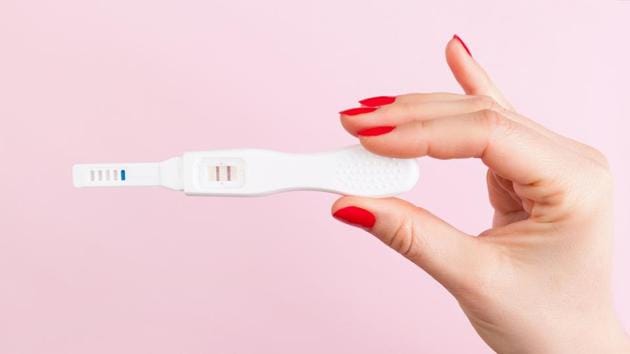Millennial youth are clueless about age-related fertility decline
Fertility decline: A new study done on students shows that less than half of the participants could correctly identify the age when a woman’s fertility declines, and even fewer knew when male fertility declines.
Most young people underestimate the impact of female and male age on fertility, according to a study conducted in Australia. The research, published in the journal Human Fertility, found that less than half of participants could correctly identify the age when a woman’s fertility declines, and even fewer knew when male fertility declines.

The study was based on a large-scale survey of Australian university students. Researchers surveyed 1,215 students, via an anonymous online questionnaire, about their intentions and expectations for parenthood, and knowledge of fertility. As many as 38% of men and 45% of women correctly identified 35-39 years as the age at which female fertility declines significantly. However, only 18.3% of men and 16.9% of women correctly identified 45-49 years as the age when male fertility declines.
Fewer than 10% of the students did not want children, and of those who did, 75% wanted two or more, researchers found. Being in a stable relationship, having a partner with whom they could share responsibility and feeling sufficiently mature were rated by both men and women as the most important conditions prior to having children.
Over 90% of male and female students considered these three conditions to be ‘important’ or ‘very important’. “Our study shows that university students overwhelmingly want to be parents one day,” Prior said. “However, most also have an unrealistic expectation of what they will achieve prior to conception, whether that be in their career or financially. We need to educate young people about the limits of fertility and support them to become parents at a point that is ideal biologically, while balanced against the life goals they want to achieve,” said Prior.
Many male and female students wanted to complete their families within the biological limits of fertility, researchers said. However, considering the other life goals they wished to accomplish prior to parenthood, it was questionable whether they would be able to achieve this, they said.
Follow @htlifeandstyle for more
Catch your daily dose of Fashion, Health, Festivals, Travel, Relationship, Recipe and all the other Latest Lifestyle News on Hindustan Times Website and APPs.



